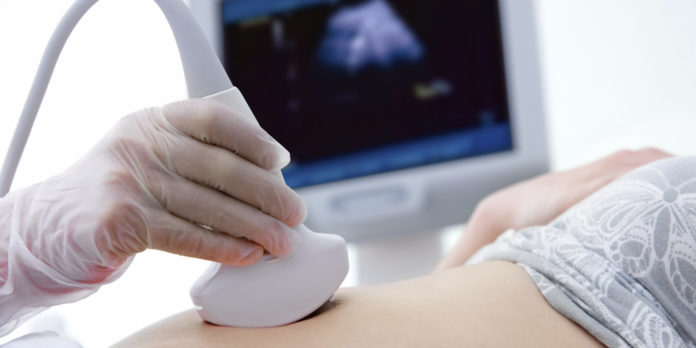
Expectant parents should avoid the use of ultrasounds for nonmedical reasons, according to maternal-fetal medicine experts at Loyola University Health System.
“Ultrasound is a valuable tool when done for medical purposes by trained professionals,” said Dr. Jean Goodman, MD, Loyola University Health System. “But this technology should not be used for entertainment purposes to see an image of a baby or to identify gender.”
The Food and Drug Administration recently warned against the use of these so-called “keepsake” ultrasounds, strongly discouraging their use for creating fetal images and videos. The agency noted that ultrasounds can heat tissues slightly and in some cases, produce very small bubbles in the tissue. The long-term effects of tissue heating are not known.
“In creating fetal keepsake videos, there is no control on how long a single imaging session will last, how many sessions will take place, or whether the ultrasound systems will be operated properly… In some cases, the ultrasound machine may be used for as long as an hour to get a video of the fetus,” the FDA warned.
Fetal ultrasound imaging provides real-time images of the fetus. Doppler fetal ultrasound heartbeat monitors are hand-held ultrasound devices that let you listen to the heartbeat of the fetus. Although both types of ultrasound technology have important uses in medical settings, neither is intended for over-the-counter (OTC) use. However, keepsake ultrasound facilities are now popping up in local strip malls, which the FDA cautions could be dangerous for both mothers and developing fetuses.
“When the product is purchased over the counter and used without consultation with a health care professional taking care of the pregnant woman, there is no oversight of how the device is used. Also, there is little or no medical benefit expected from the exposure,” said Shahram Vaezy, Ph.D., an FDA biomedical engineer. “Furthermore, the number of sessions or the length of a session in scanning a fetus is uncontrolled, and that increases the potential for harm to the fetus and eventually the mother.”
Dr. Goodman encouraged expectant parents to look for medical institutions that are certified by the American Institute of Ultrasound in Medicine when considering prenatal care. These facilities complete a rigorous certification process to ensure safe operation of this technology.
“Keepsake ultrasound facilities are not regulated and you don’t want to expose expectant mothers and babies to medical technology in the wrong hands,” she added.
